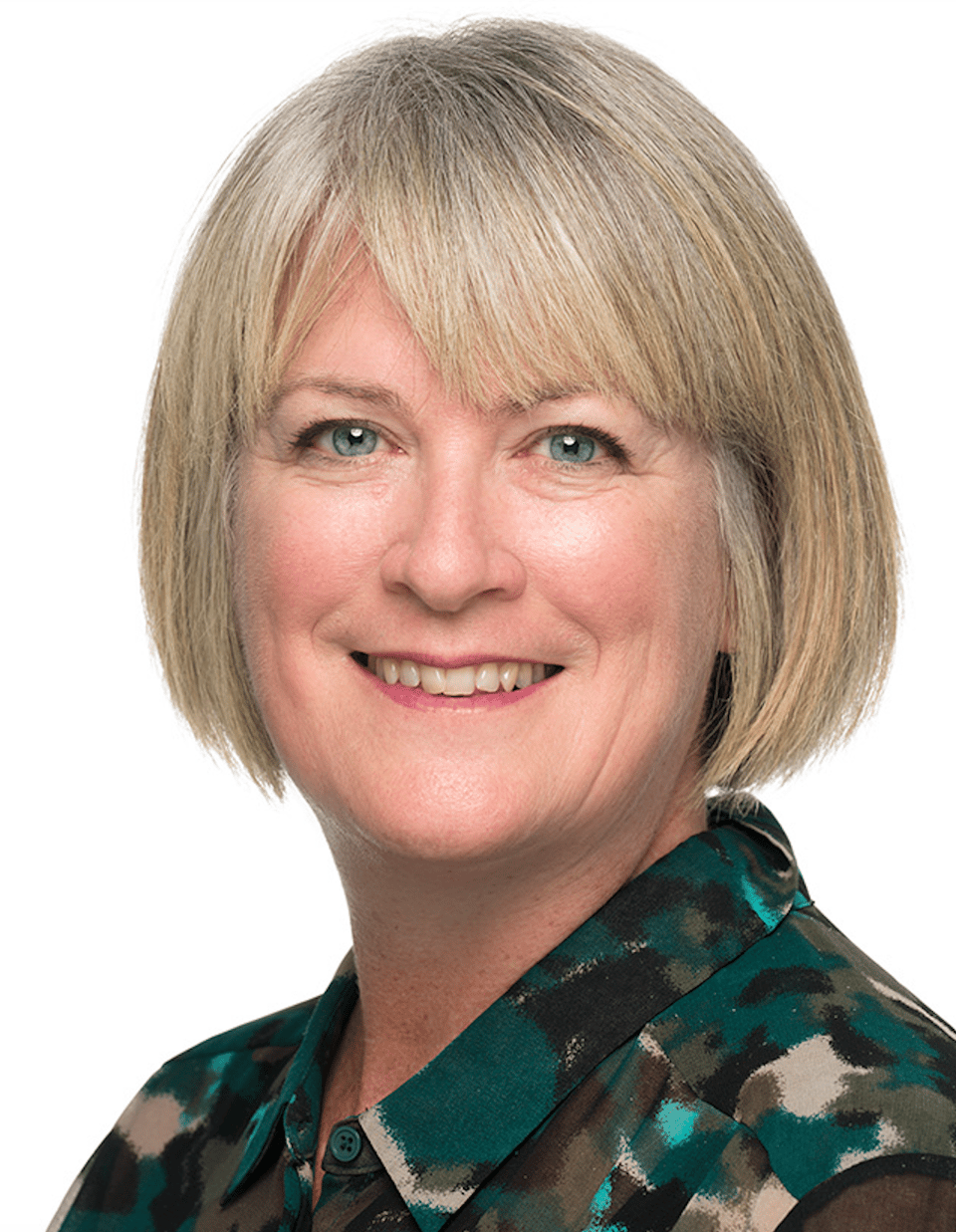Now, and future, family medicine is worth it
We all know that without good health, nothing really matters.
Not surprising, then, that the crisis in primary care is top of mind nowadays—for almost everyone.
Patients struggle with access to needed care; millions do not have a regular family doctor.
At the same time, family doctors and healthcare providers strain under Herculean demands following the acute phase of a once-in-a-generation pandemic; burnout manifesting atop trauma.
Perhaps no other organization is as concerned, or feels this more acutely, than the College of Family Physicians of Canada (CFPC). Over the past year, we’ve listened and learned from our 43,000 members, who take care of patients from coast to coast to coast, in remote and rural locales and our biggest cities.
The message we heard was invariably the same: primary care is in crisis. Huge cracks are finally apparent from decades of underinvestment, accelerated in the wake of COVID-19, the already difficult status quo now completely untenable.
Solutions to a crisis of this magnitude are necessarily complex—but there is hope.
As the voice of family medicine, the CFPC continues to draw attention to well established solutions. During my tenure at the CFPC, I’ve been grateful for the rich discourse and insights from family doctors and other primary care thought leaders. Their contributions have informed a multipronged strategy that is now being advanced by the College; broad changes to augment training and reform practice that, taken together, support Canada’s family doctors and their patients.
It starts with the practice environment, and the CFPC has been very clear in our Prescription for Primary Care that significant investment and changes are needed. The model of family doctors and other primary care professionals working in silos in the community is outdated and has long been suboptimal in an era of increasing complex care. One of the clearest solutions has been known for at least two decades: to quote from the 2002 Romanow report, “Primary health care [provides] benefits to Canadians and should [be given] access to teams and networks of qualified health providers.”
Team-based care is unquestionably the way forward in today’s world. It prevents further fragmentation arising from competition and substitution. It’s frankly past time where individual family doctors are expected to take on the health needs of their patient panels singlehandedly, with limited support.
With primary care teams as the foundation, the other necessary changes include fair compensation for family doctors that recognizes their skillset and the complex challenges that today’s practices present, relief from business and administrative tasks that take away from patient care, and digital solutions that make care and work efficient. These are needed to protect provider well-being while improving and enhancing patient access.
These changes are needed now—without question—if we want to ensure that family medicine is an attractive specialty for learners and have any hope of reversing the current crisis.
The suite of solutions doesn’t end there, though.
For systems to change, we know that the way we train and prepare professionals to work within that system will also need to adapt—and respond not only to shifts in healthcare, but also, societal realities.
Extensive evaluation of our current curriculum has identified gaps and topics of increasing societal importance where family physicians can make a vital difference—for example, in areas such as mental health and addiction. Medicine and technology has also advanced, and when properly integrated, can enhance quality and access to care. This has all shifted the optimal nature of comprehensive practice for family doctors new and old, with important implications for how family physicians are prepared for practice.
While we’ve made progress with distributed medical education in rural communities, particularly focused on enhancing skills in local hospitals, educators and partners have also identified concerns particularly around inequities in access in rural and remote settings.
The CFPC’s Outcomes of Training Project unveils a bold new vision for family medicine training that is intended to drive and support the needed system changes in Canada. Based on insights from extensive consultations with myriad interest-holders and a comprehensive review of data and evidence, the CFPC is building for the future by supporting system changes with updated training standards that will give new family doctors the training they need to practice anywhere, especially in rural and remote settings, and support them more effectively into entering and staying within comprehensive practice.
Opposition to this change has come from a narrow focus on the fact that the duration of training will need to change to permit the inclusion of the important new areas of learning and a better supported transition to practice. This overfocus ignores the full vision and extent of what the CFPC is asserting through our plans and related calls to action. It also ignores the reality that Canadian family physicians are being trained for the broadest scope of practice in an increasingly crowded training timeline. Current training is already divergent from peer nations like the United States, the United Kingdom, Australia, and Ireland, where a balance is being struck between training duration, trainee well-being, and optimal preparedness for practice.
Simply put, we need all pieces of the puzzle: family doctors that are trained for and effectively supported in today’s practice environment will drive better healthcare outcomes for everyone in Canada.
Today’s status quo undervalues the work of family doctors in both how we train them, and how we resource and support them. Bold change is needed if we want to resolve this crisis—not only for family doctors and patients, but for the whole healthcare system.
As we do, it’s crucial to look at the full picture. Between immediate supports and resources in the community, and transformed training, one thing is clear: investing in family medicine and primary care is worth it, and long overdue.
Dr. Nancy Fowler is the deputy CEO of the College of Family Physicians of Canada.

